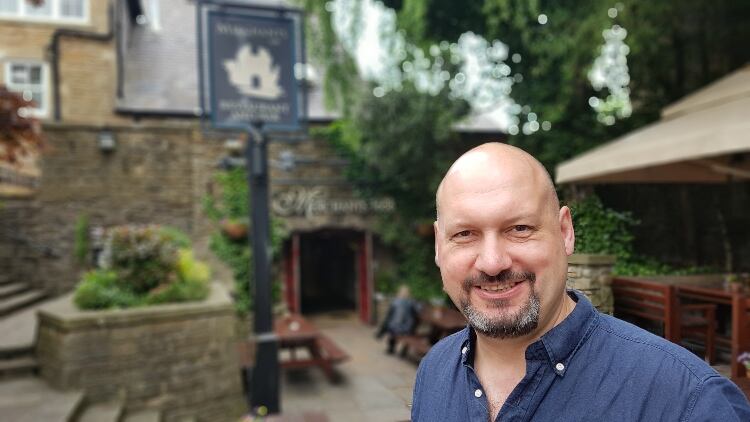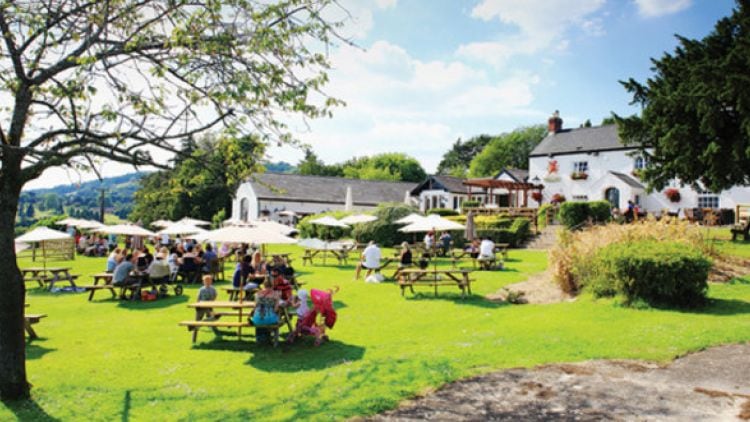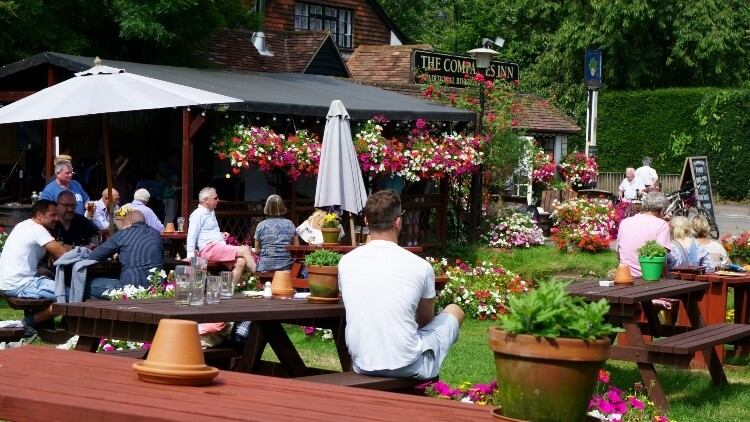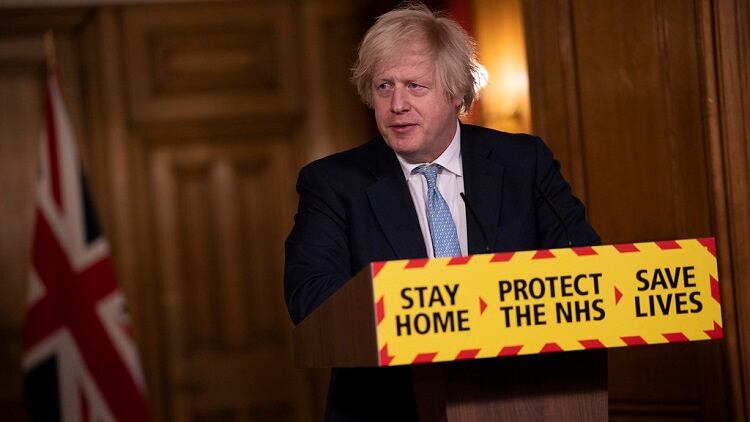It is my clear view that venues, when properly following the Government regulations are as safe as, if not safer than, many other areas of society, in particular much of the retail sector, public transport and workplaces.
As such we should be treated similarly and in line with the transmission risks when society begins to open up again.
However, we are already seeing reports that are once again scapegoating our sector, in particular one from Stirling’s Institute for Social Marketing and Health.
‘Unscientific’ analysis
There are various weaknesses in the analysis and conclusions drawn.
The key argument appears to be not that the precautions in hospitality were insufficient, but rather that they were not being followed properly in all places. There are two big problems with this.
Firstly, it is well out of date, having been carried out at the very start of reopening in July and August of last year. At that time customers and staff were all getting used to new regulations and ways of living. Eight months on we are all much more aware of and better at taking the relevant precautions.
More importantly they made no comparison of people’s behaviour in pubs to how safely they behaved in the other areas. Without any benchmarking it is an arbitrary and unscientific analysis.
I would challenge that other important areas of social interaction have far less control and oversight and therefore carry higher risks of transmission than pubs and bars.
For example, anyone who went shopping in December knows that once you are clicked through the front door of a shop it was pretty much a free for all.
On public transport you could be sat next to a stranger, albeit in masks, for half an hour and touch handrails that have been touched by many, many people that day without being cleaned.
Ask anyone going to work at the moment in a factory, office or building site and see how rigorous their spacing and sanitisation is? Familiarity is one of the main reasons why people drop their safeguards and workplaces are clearly a big area where this is the case.
None of these factors apply to pubs and bars.
Challenging ‘arbitrary, unfair and unproven’ ideas
The research was also carried out in just 29 pubs in Scotland, less than 0.1% of the UK pubs, and appears to have been carried out to support the Scottish Government’s desire to close all hospitality venues.
I fully support that any venues not doing their best to keep to all the regulations should be tackled robustly by the Environmental Health Officer.
However, if it is being proposed that we should keep all 60,000 or so pubs, bars and restaurants closed because a few are not keeping to all the precautions in full, then logically we should apply the same rules to the other areas.
Under Covid, pubs are the most highly regulated, controlled and monitored areas in day-to-day society. Focusing greater restrictions on us versus other areas is damaging, a poor use of resource and most importantly highly ineffective in stopping the disease.
We should be allowed to open safely and securely at the same time as other areas – and we should be fighting and challenging any arbitrary, unfair and unproven ideas that claim otherwise.




